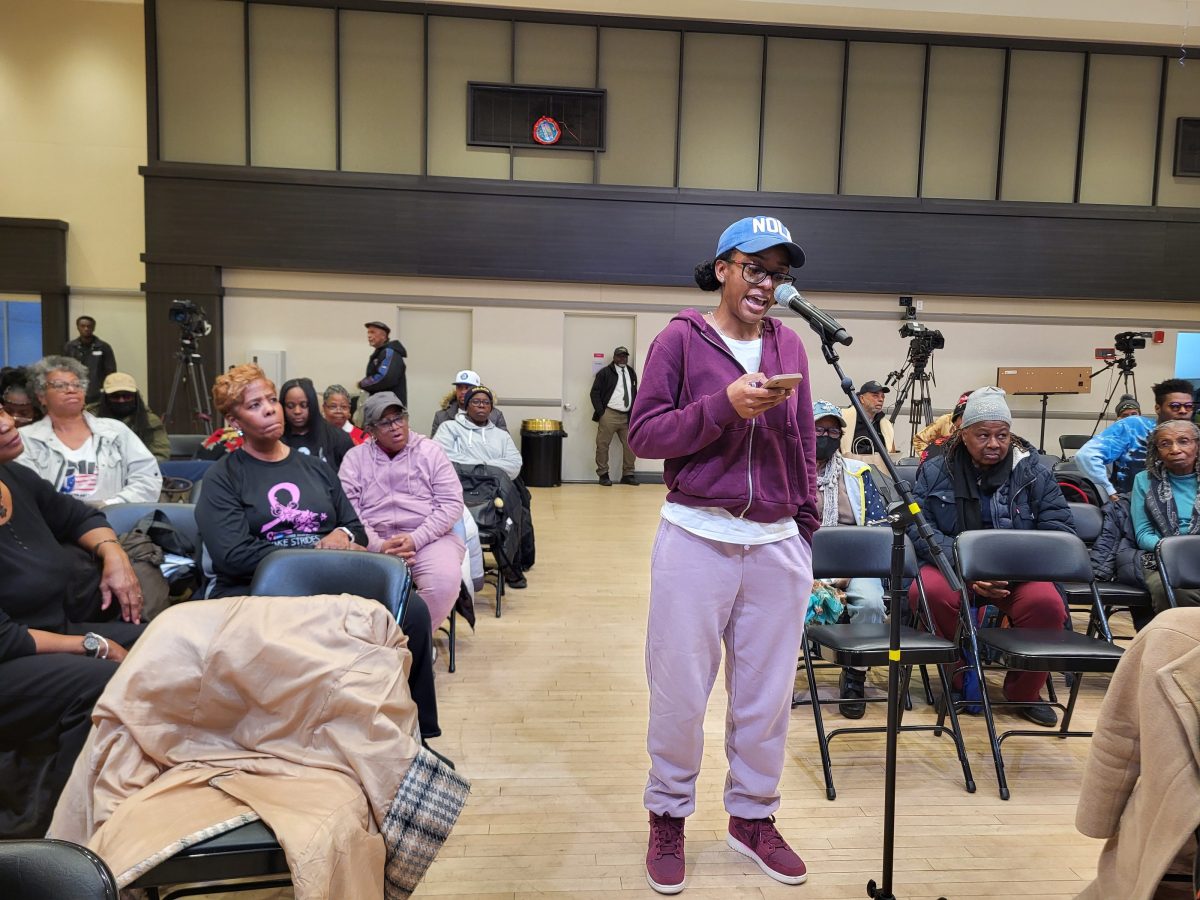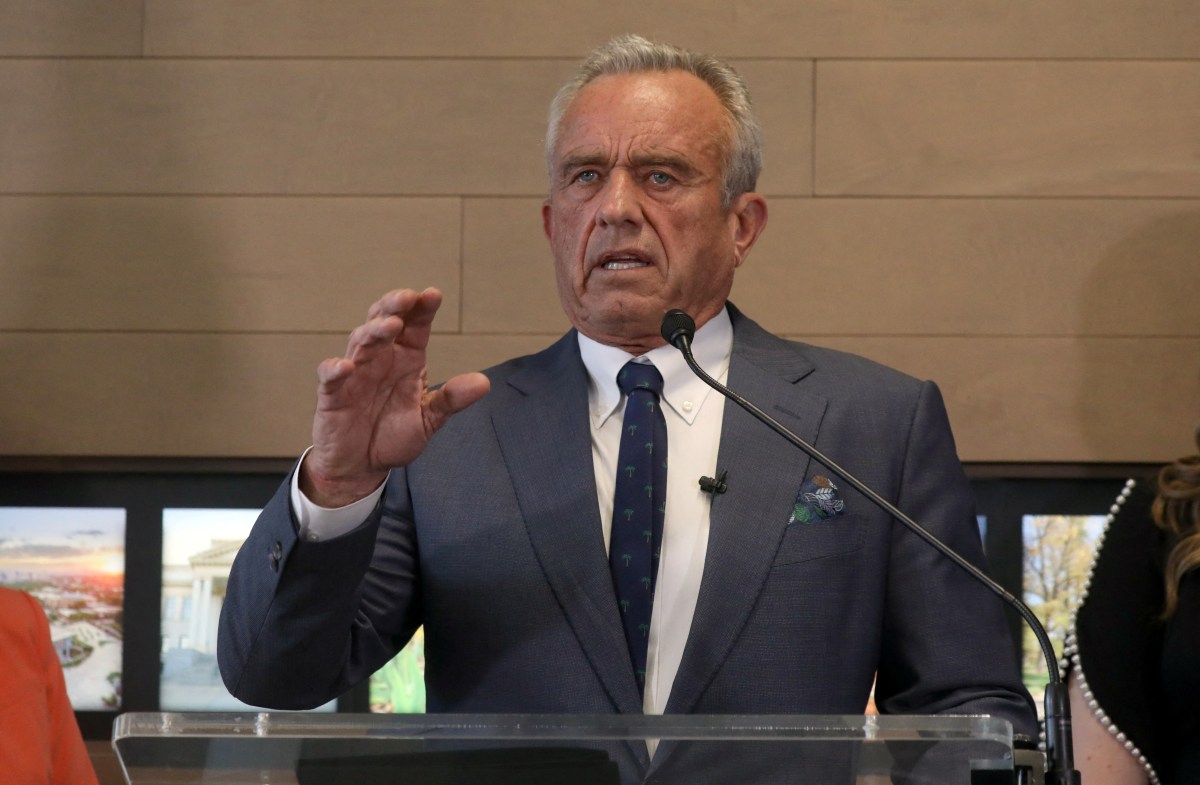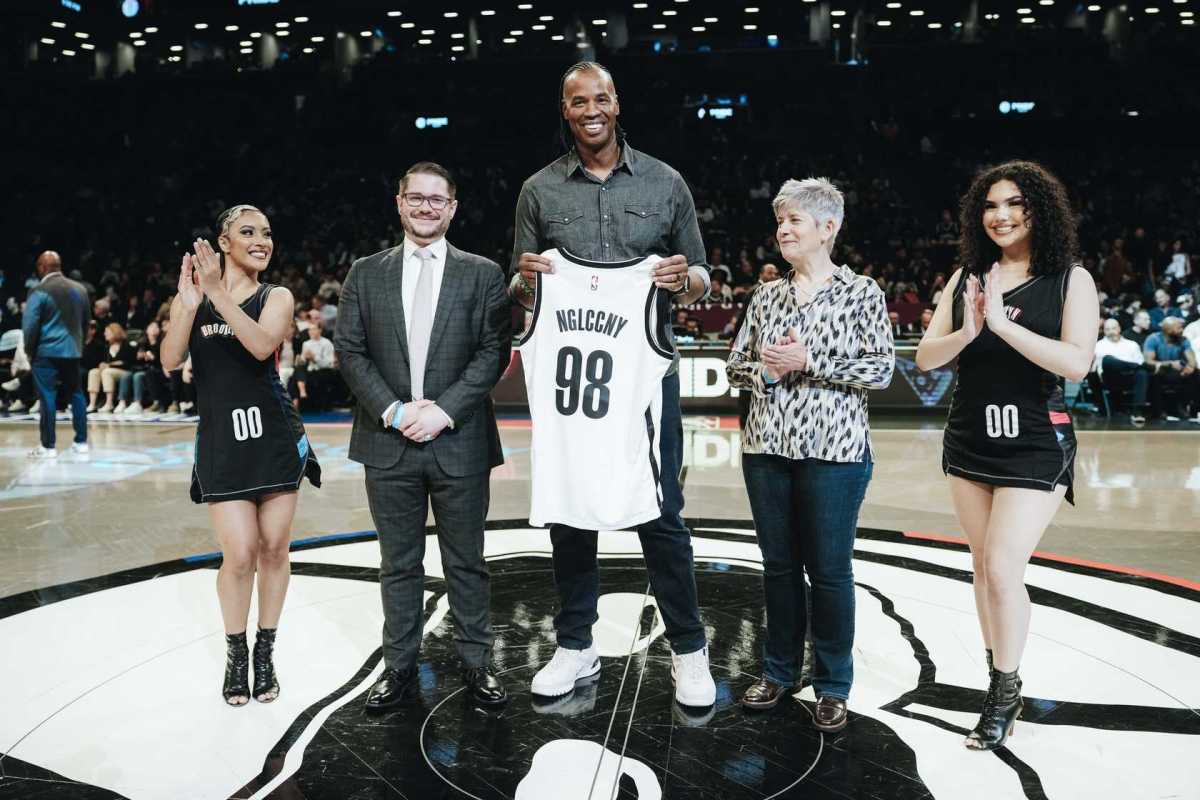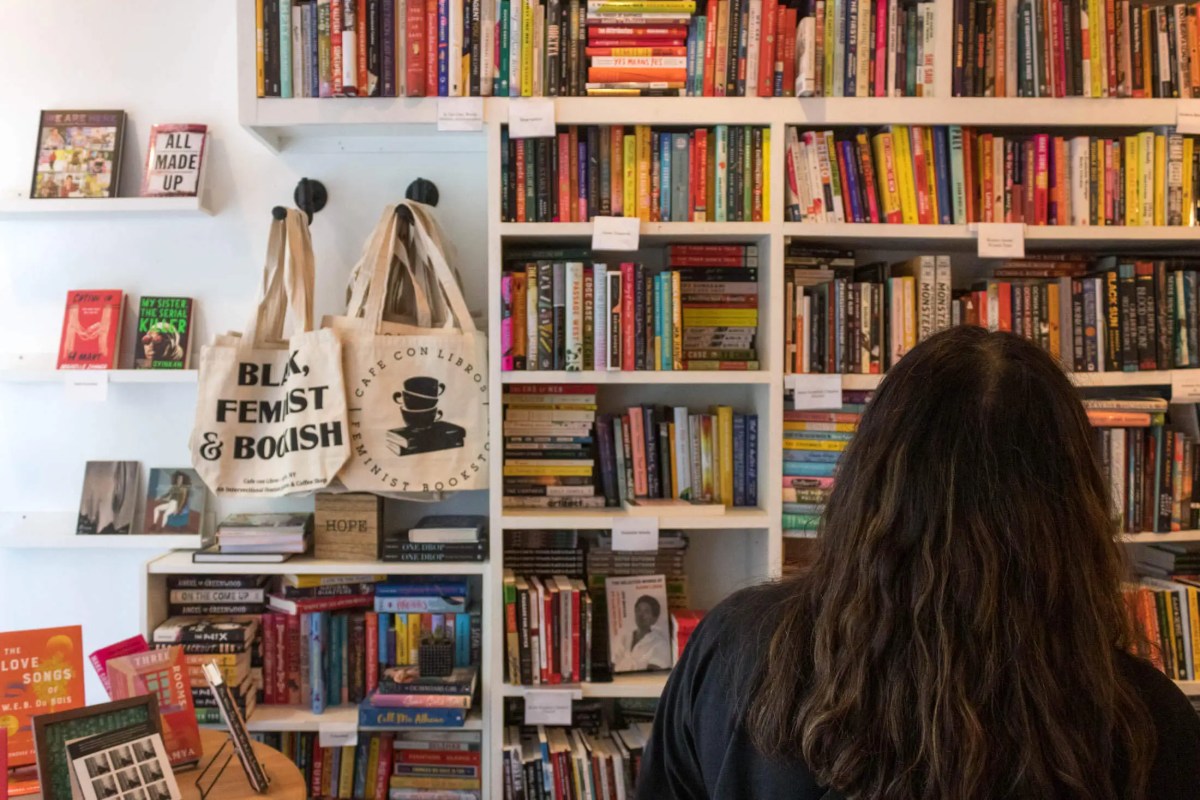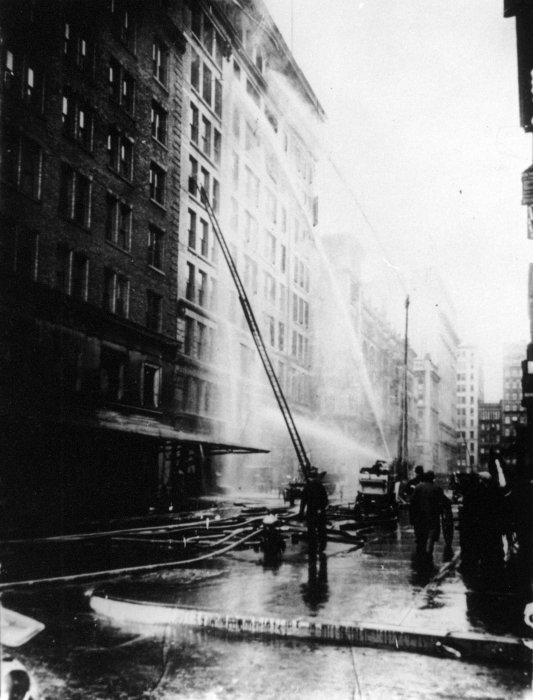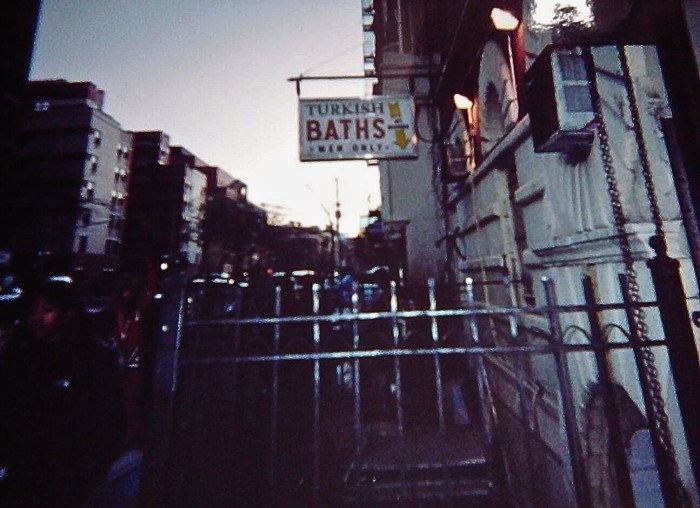
As the smell of heavy spice wafts from Lahori Chilli Restaurant and Sweets down Coney Island Avenue, two men clasp hands and greet each other in Urdu while an older woman in a traditional full-length shalwar kameez and headscarf shops for fruit in the stand next door. Between them lies the basement office of the Pakistani American Youth Organization (PAYO).
The nonprofit organization, which aims to ensure Midwood youth “achieve their goals as civically engaged Americans,” is working toward an official acknowledgment of the neighborhood’s cultural character: the establishment of a “Little Pakistan.”
“Our elders didn’t do this, and we wish they had,” said Waqil Ahmed, president of PAYO and owner of Pak Wireless on Coney Island Avenue. “We will be stronger.”

The mile-long stretch of Coney Island Avenue between Newkirk Avenue and Avenue H has been a destination for Pakistani immigrants since the ’80s. The area became informally known as “Little Pakistan” among residents as the area filled with Pakistani restaurants and shops while Urdu became the language of the streets.
At Gourmet Sweets, groups of Urdu-speaking men convene around tables as they come in for the lunch rush on a recent afternoon. The men greet each other and chatter, shouting through a window in the back wall to include the chef in conversation. Steaming plates of daal chawal or aloo gosht are served to the group, and after their meal they select a dessert from behind the glass counter before heading back onto the avenue, where stores like Meena Jewelers and A-One Barber Shop advertise in English and Urdu.
But the community has faced hardships since the attacks in New York on Sept.11 sparked some Pakistani people to migrate out of New York City amid a spike in hate crimes against Muslim people. Seventeen years later, the community is on the path to revival, but still faces challenges as language barriers and cultural divides keep Pakistani immigrants from fully integrating into New York. Ahmed hopes to provide services that keep this kind of migration out of Brooklyn from happening again by applying for the city to officially designate this section of Coney Island Avenue in Midwood as “Little Pakistan.”

PAYO is also hoping to co-name the intersection of Coney Island and Foster avenues after the founder of Pakistan, Muhammad Ali Jinnah. Zubda Malik, the general secretary of PAYO, believes an official designation will help Pakistani residents to be less fearful of authority in New York by further integrating Little Pakistan with the city.
“If we achieve this it will make a huge impact with feeling like we are accepted,” Malik said. “It would be a great feeling of acceptance of the community and the culture itself.”
City Council will have to vote to grant the designation and street co-naming, and Councilman Jumaane Williams expects the measures to be approved.
“Most of the communities you think of as “little something” are not actually official map changes,” said Williams, who is running for public advocate. “They’re a branding of the community and if successful has helped generate a lot of economic income and pride.”
Williams and fellow Brooklyn Councilman Mathieu Eugene have endorsed the push, which includes more than 200 signatures from petitioning residents.

Muhammad Ashraf, the owner of Rahim Grocery & Halal Meat on Coney Island Avenue, believes a street co-naming and neighborhood designation will make the community feel as valued as other recognized immigrant communities, like Little Italy or Chinatown.
“We are doing hard work here and we are like any other (ethnic group),” Ashraf said. “It’s for excitement about the community.”
The designation would bring other benefits, like increased tourism and an easier way for new Pakistani immigrants to find a community of their own in New York City, said Ahmed, who moved to the area with his family from Pakistan more than 20 years ago.
“Even though we are part of the community we are still trying to make the community let down their guard,” Malik said. “And for them to believe we’re there to help and that we’re not against them.”




